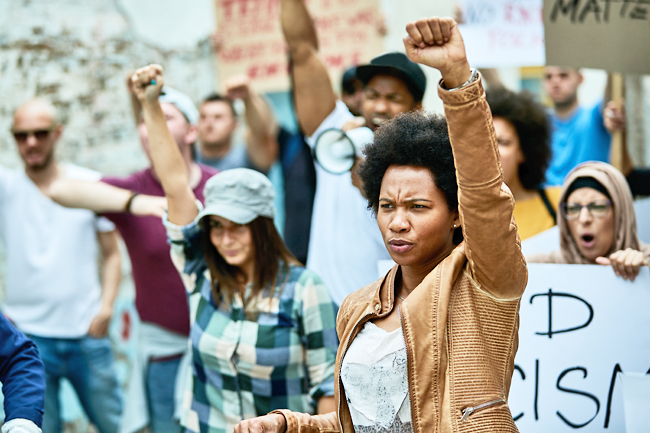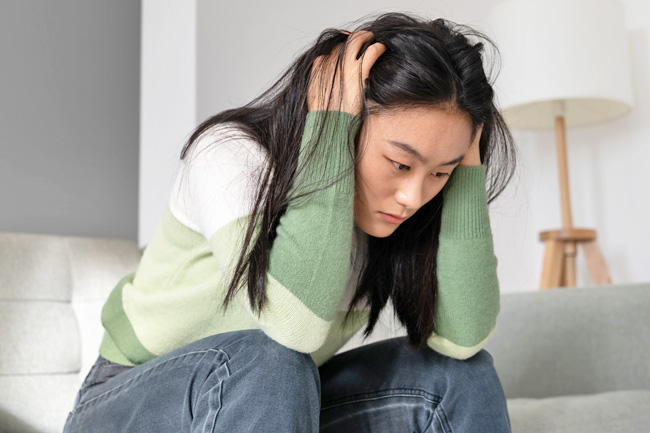AFP – Recent research from Finland suggests that being aware of various forms of social injustice may heighten the risk of experiencing anxiety and depression.
If you are actively advocating for the rights of women, ethnic minorities and combating social injustices in general, you might be described as ‘woke’.
Initially rooted in the concept of awakening to racial discrimination, the term ‘wokeness’ has evolved to encompass a broader awareness of societal struggles against discrimination.
While the term has been overused and sometimes manipulated by certain politicians, it originally carried a positive connotation.
However, recent findings published in the Scandinavian Journal of Psychology indicate that “wokeness” can also contribute to psychological distress.


Conducted by a researcher at the University of Turku, Finland Dr Oskari Lahtinen, this research explored the links between support for causes considered “woke” and effects on mental health.
Carried out in two separate parts, the study first involved a sample of 848 participants (students and staff at the University of Turku), then a panel of 5,030 people aged between 15 and 84 (recruited in Finland).
“The two-part study had 5,878 participants representing all age groups, educational backgrounds and geographical areas of Finland,” said Dr Lahtinen in a blog post.
Participants were invited to answer questions and give their opinions on concrete cases of social injustice, such as racial discrimination or sexist remarks.
The exercise consisted of assessing the extent to which certain statements did or did not constitute social injustice, each time referring to a graduated scale.
For example: “A white person cannot understand how a black person feels equally well as another black person.”
Analysis of responses from both surveys showed a link between higher levels of anxiety and depression, and higher levels of sensitivity to social justice.
The study noted that participants who reported the highest levels of anxiety, depression and lack of psychological well-being were also those who most often voted on the political left.
“As the study was cross-sectional, I make no determination about causality in either direction, or whether a third variable causes the association between political views and mental health,” Dr Lahtinen said. The results also show that this sensitivity is twice as high in women as in men.
“Overall, men rejected every critical social justice item on the scale, whereas women expressed support for half and rejected half,” the study pointed out.






